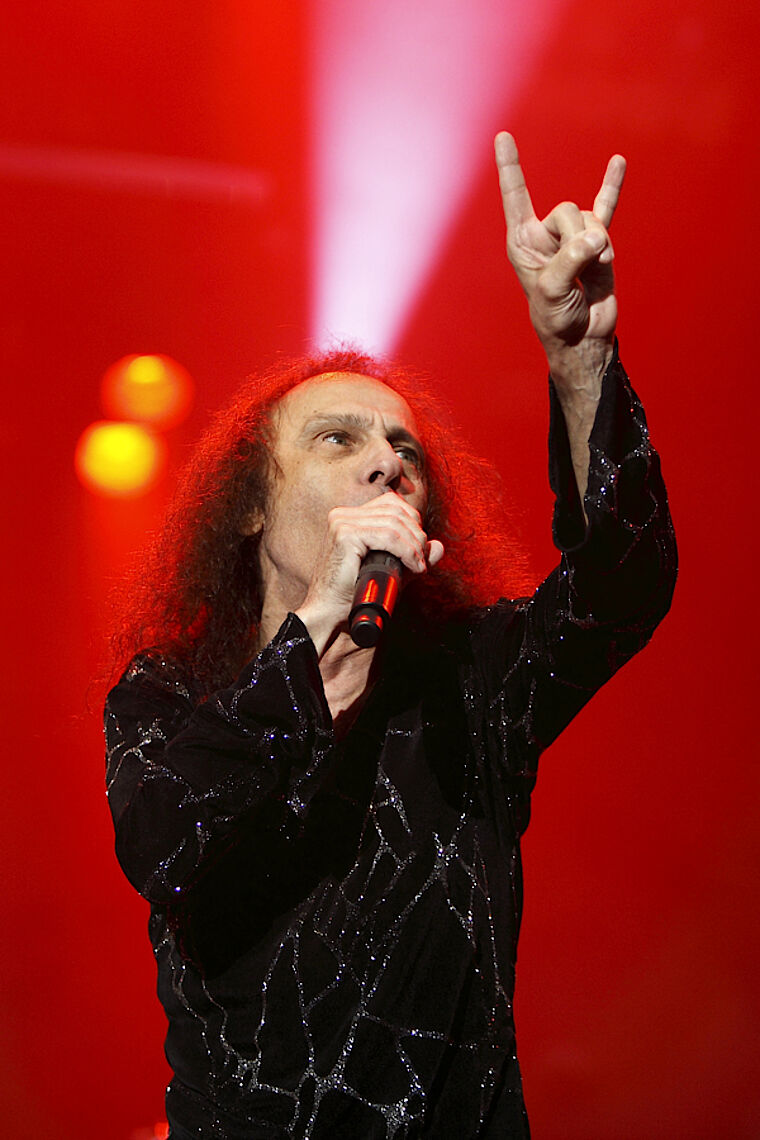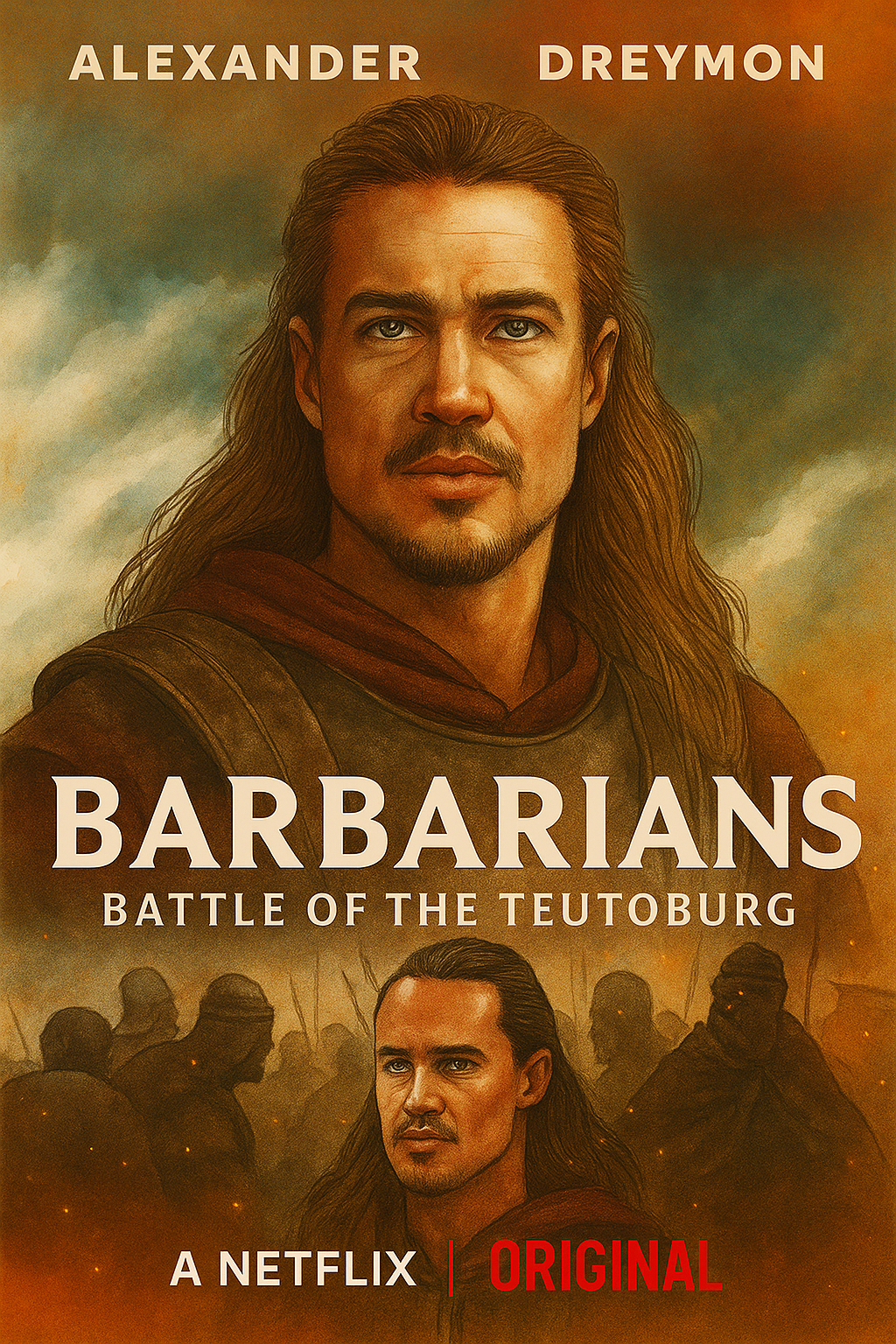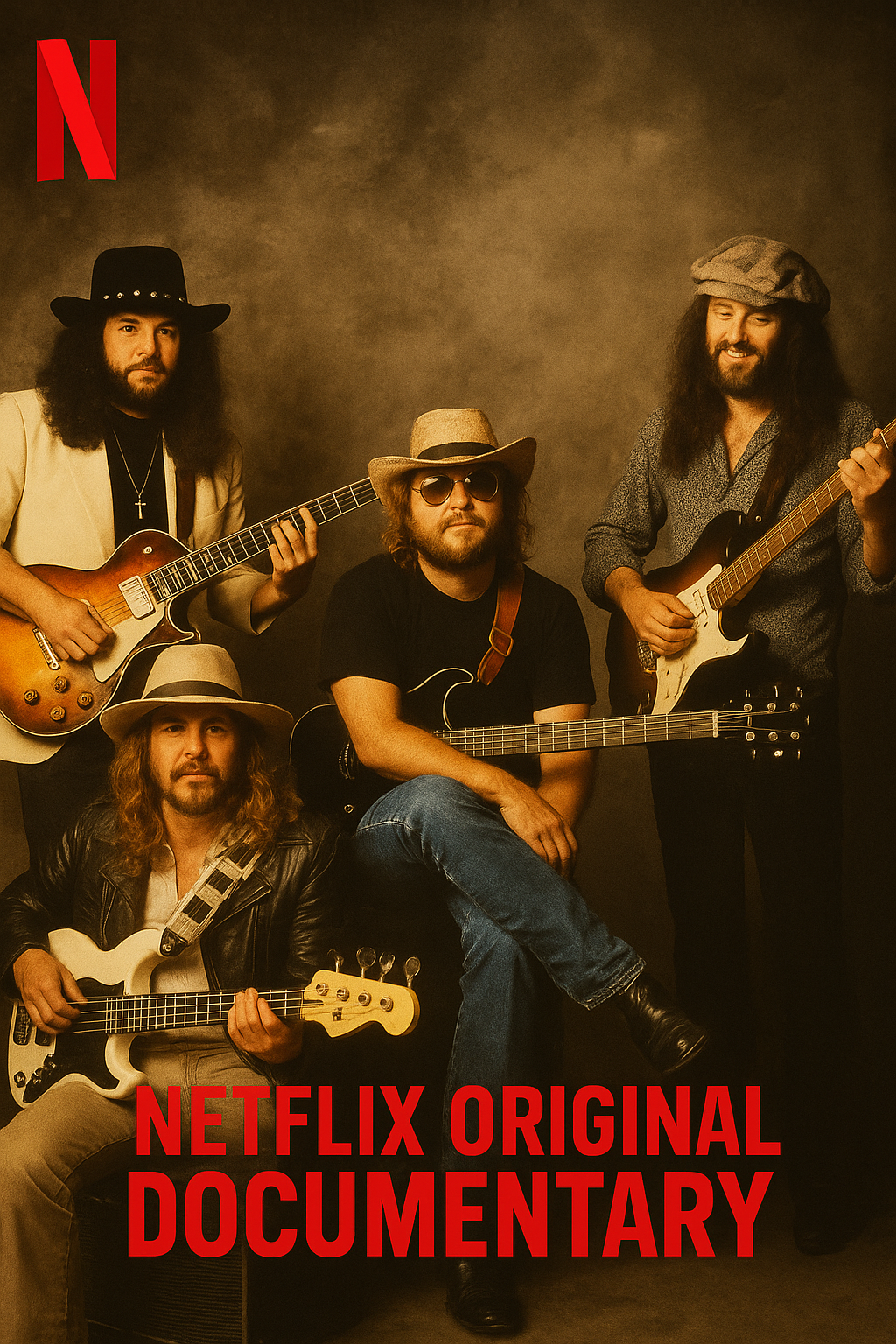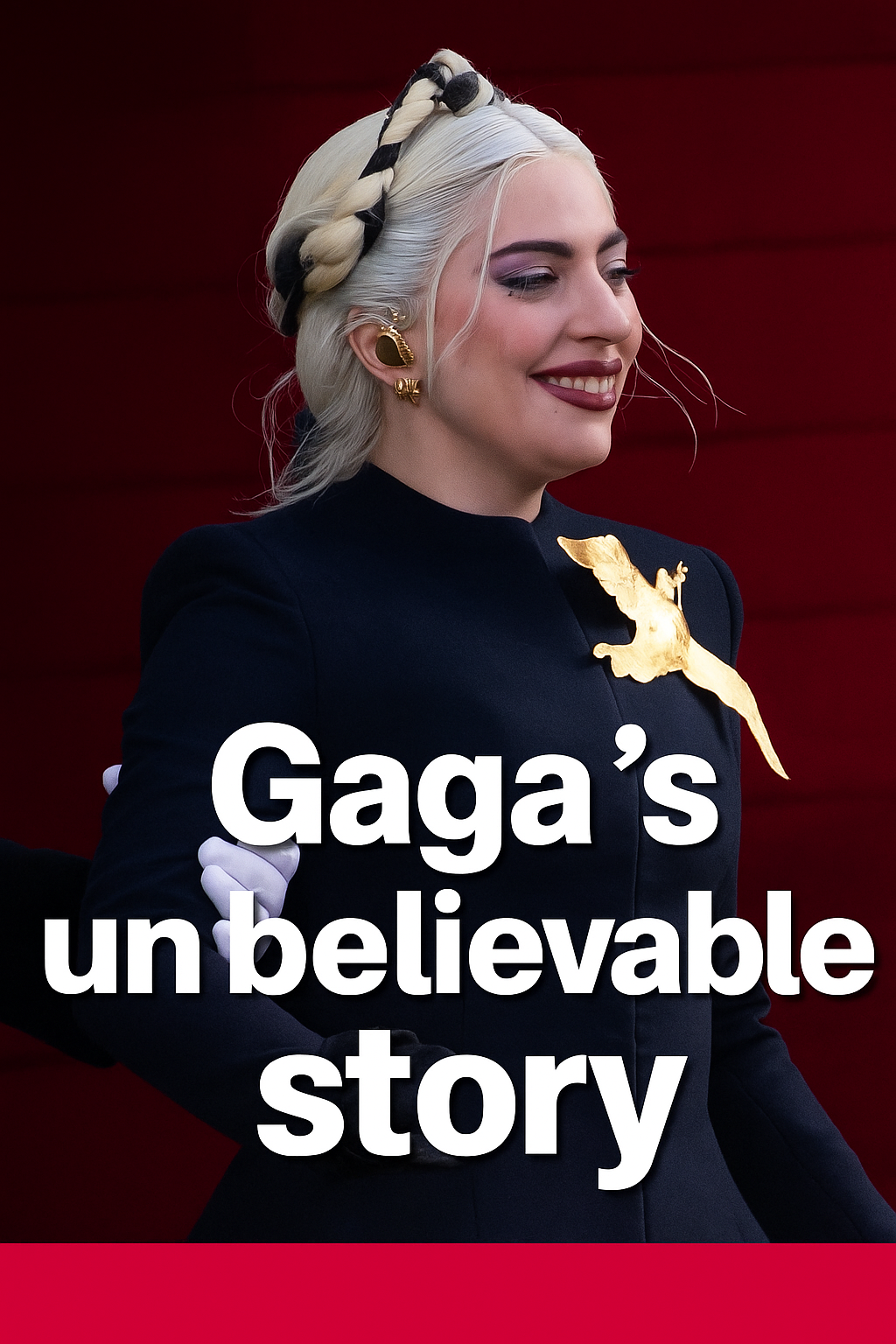Dio’s Disappearing Act: How the Music Industry Forgot (and Rediscovered) a LegendRonnie James Dio was never supposed to disappear. From the moment his powerhouse voice tore through the speakers in the late 1970s, there was an aura of permanence about him. His range, control, and theatrical delivery gave heavy metal a sense of grandeur, elevating it beyond its bluesy roots into something mythic
Whether fronting Rainbow, joining Black Sabbath at its most volatile turning point, or launching his own band, Dio commanded attention. And yet, as the years passed, his contributions faded from mainstream memory, only to be reclaimed much later by a new generation seeking authenticity in an era of algorithm-driven stardom.
The music industry is built on trends, and Dio was never particularly trendy. He didn’t flirt with punk in the late ’70s, he didn’t embrace glam in the mid-’80s, and he certainly didn’t sanitize his sound for mainstream acceptance in the ’90s. He was unapologetically committed to the grandeur and mythology of classic metal. For that reason, as the tides shifted, he was easy to overlook. His sound was labeled “dated,” his aesthetic “over the top,” and his brand of metal—deeply emotional, spiritual, and fantastical—was relegated to niche festivals and specialized record shops.Yet Dio’s fall from the mainstream wasn’t due to a lack of talent or relevance. It was a failure of memory—a cultural amnesia that often plagues industries chasing novelty.
In the shadow of grunge and alternative rock’s rise, the giants of metal were quietly shuffled offstage. Even those who revered Black Sabbath often focused solely on the Ozzy years, ignoring the brilliance of the Dio era that followed. Albums like Heaven and Hell and Mob Rules became footnotes, despite redefining what Sabbath could be.During the late ’90s and early 2000s, as nu-metal dominated airwaves and pop-punk took over MTV, Dio’s voice—still thunderous, still commanding—was largely absent from the conversation. He continued to tour and record, releasing solid work that was embraced by a loyal fanbase but rarely acknowledged by critics or the broader music press. There was a sense that Dio, like many of his era, was frozen in amber, preserved by memory but irrelevant to the now.This disappearance was more than a personal eclipse; it was symbolic. As the industry shifted to commodify youth and reinvention, artists like Dio who had mastered a genre and remained loyal to it were seen as outliers. The industry, obsessed with reinvention, discarded its legends unless they could be rebranded for a new era. Dio wasn’t interested in reinvention. He was interested in integrity. And that made him easy to ignore.But music has a long memory, even if the industry doesn’t. As digital platforms began to democratize access in the 2010s, something curious happened: a younger audience began to discover Dio.
They weren’t led there by radio programmers or label executives. They found him through YouTube rabbit holes, through vinyl reissues, through memes, and metal Reddit threads. They discovered a voice unlike any other—majestic, sincere, and ferocious.The rediscovery was organic. Tributes started pouring in online. Vocalists cited him as a primary influence. Guitarists broke down his songs in instructional videos. Clips of his live performances, particularly his iconic renditions of “Holy Diver” and “Rainbow in the Dark,” gained millions of views. Metalheads who had never seen him live began to speak of Dio with the reverence typically reserved for departed icons like Hendrix or Freddie Mercury.Dio’s posthumous resurgence wasn’t just a nostalgic indulgence. It was a recalibration. His songwriting, often mischaracterized as campy or indulgent, was now reinterpreted as deeply poetic and allegorical.
In an era defined by cynicism, his belief in the power of fantasy and moral clarity offered something refreshing. His lyrics about fighting evil, enduring pain, and seeking truth spoke more clearly in a world where authenticity was hard to find.It helped, too, that the musicianship held up. Dio always surrounded himself with top-tier talent, and the arrangements on his albums are complex, dynamic, and emotionally resonant. In hindsight, songs once dismissed as melodramatic were recognized for their craft. Tracks like “Don’t Talk to Strangers” and “The Last in Line” were not just anthems—they were miniature operas, filled with peaks, valleys, and moments of quiet introspection.The industry took notice. Box sets were reissued. Documentaries were made. His name began appearing again in festival lineups—this time in tribute sets, often performed by artists half his age.
The Hall of Fame discussions returned. Formerly indifferent publications ran glowing retrospectives. Dio, the forgotten legend, was no longer missing from the conversation.It’s worth asking why it took death and distance for the world to appreciate him again. Part of it is the romanticization of the past, but more meaningfully, it’s about context. As the cultural noise of the early 2000s faded, the music stood on its own. Free from comparisons and industry politics, Dio’s work could be judged on its own terms—and it soared.Dio’s return to the limelight is a reminder of the cyclical nature of art. What disappears is never truly gone. It waits. And sometimes, it takes a new generation to uncover what an older one forgot. That rediscovery is not just about the music. It’s about values: consistency, dedication, imagination. All things Dio never abandoned, even when the world turned its back.Today, Dio’s legacy is more secure than it ever was during his lifetime. He’s not just a cult figure or a metal icon—he’s a symbol of perseverance. His influence stretches beyond genre, his voice echoes through time, and his presence reminds us that legends don’t fade; they only wait to be remembered.The industry may have failed Dio during his lifetime, but fans—old and new—have ensured that he will never be lost again. His story is not just one of disappearance, but of resurrection. And in that, Dio lives forever.



